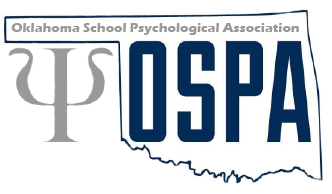Page Under ConstructionThe Oklahoma School Psychological Association has Position Statements to establish the organization's official stance on various issues related to the field of school psychology. These statements serve as a guide for best practices, advocate for policies that support student well-being, promote ethical conduct within the profession, and address emerging professional issues in Oklahoma. They also help to ensure consistency and fairness in the provision of equitable and effective services to all students. The Professional Services Committee is currently undergoing a formal review and revision process of all current Position Statements. Once review is complete, new versions will be posted here. To inquire about or access a current OSPA Position Statement, please contact Erika Olinger at [email protected]. |
